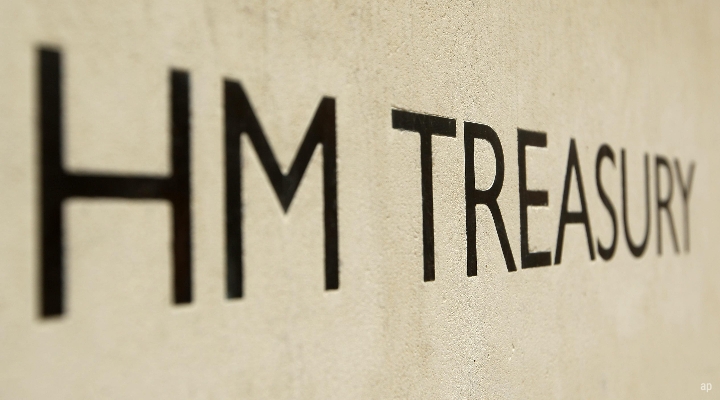
Boris Johnson’s new Cabinet has been assembled with the job of “delivering Brexit” on October 31, and that has meant a new Chancellor has moved into Number 11.
As a former banker, Sajid Javid is expected to be broadly “pro business” but Brexit will take precedence over the finer details of tax and spending. In his failed bid to become Prime Minister, Javid said he would prepare an emergency Budget – the next fiscal statement and Javid’s first outing as Chancellor is expected around the same time as Britain’s departure from the EU.
As Morningstar's Dan Kemp points out, investors still don't know what Boris Johnson will do and what concessions he can extract from the EU, so it's better to focus on valuations rather than short-term noise.
Javid has tapped into the growing investor interest in infrastructure in backing the idea of a £100 billion national infrastructure fund to invest in projects to help Britain ride out the tricky next six months and beyond.
The new Prime Minister has been publicly critical of Philip Hammond’s fiscally conservative approach and has promised a number of expansionary – and deficit-increasing measures – such as income tax cuts and changes to stamp duty. This suggests that Javid will be under pressure to raid Philip Hammond’s “Brexit war chest” and cut taxes and boost spending.
Under Philip Hammond, the budget deficit hit a 17-year low in the most recent financial year. Getting the budget deficit down was one of George Osborne’s mantras as Chancellor, even though the time when the country would be in budget surplus kept being pushed back. Hammond has kept on track to meet the target of keeping the Budget deficit down to 2% of GDP by 2021. But that target is expected to be abandoned under the Boris Johnson Government as the nation’s purse strings are loosened.
Wealth manager Quilter already has produced some items for Javid’s intray. Jon Greer, head of retirement policy, says the UK tax systems has become ever more complex under George Osborne and Philip Hammond and this leaves plenty of unfinished business for Javid.
Among proposals made by Quilter, these include changes to the annual pension allowance, inheritance tax and a review of Isas to make them less complex. Quilter proposes raising the inheritance tax threshold to £1 million (currently £325,000, which can be doubled by a couple) and updating gifting allowances to “encourage the flow of intergenerational wealth”.
Amber Rudd stays as Work and Pension Secretary after starting last November, which is a relief to Jon Greer, head of retirement policy at Quilter:"Rudd has not had much time to implement anything particularly meaningful since taking the reins. However, in some ways this is a good thing as the DWP is responsible for long-term savings policy and it’s simply impossible for the public to have faith in any enacted policy when the leadership of the department chops and changes so frequently."
Hammond’s Legacy
Remainer Philip Hammond has been in the job for just over three years and will make way for former Home Secretary Sajid Javid. Hammond started in July 2016 in the immediate aftermath of the EU Referendum – while in the job he had to pursue the path set out by the Prime Minister, but it was clear that he had his doubts of the wisdom of “Brexit Means Brexit”: “We are leaving the European Union. But it is equally clear to me that the British people did not vote on June 23 to become poorer, or less secure".
More than ever before, politics has taken centre stage over the mechanics of the UK economy. Hammond presented two Budgets in 2017, one in March, his first. Before his second Budget in November 2017, there was the small matter of a General Election, in which the Conservative Party lost its majority.
The Budget switched to autumn in 2017 so Hammond’s next outing as Chancellor was in October 2018 and his last in the March 2019 Spring Statement.
Perhaps Hammond will be remembered for what he didn’t do as Chancellor rather than what he did: he initially raised National Insurance contributions for the self-employed, then reversed it after a backlash, he didn’t make changes to pension tax relief and he didn’t increase the lifetime pension allowance. Still, this tax year the higher rate tax threshold hit £50,000 and the Isa limit has gone from £15,240 to £20,000. These were in motion during Osborne’s reign so there is a sense that Hammond has been “steadying the ship” during a turbulent period for British politics, and one in which the Chancellor has had little room for giveaways or crowd-pleasing moves.





























